Bookshelf: Fall 2011
On the Other Guy’s Dime: A Professional’s Guide to Traveling without Paying (Tasora Books) is G. (Gary) Michael Schneider MS’68, PhD’74’s how-to guide for living and working overseas without giving up your life back home. Now retired from teaching computer science at Macalester College in St. Paul, Minnesota, Schneider is a visiting professor at Columbia University in New York.
He who is (very) old is new again — at least in the hands of George Rudebusch MA’80, PhD’82. His second book, written in an eloquent, yet accessible style, is Socrates (Wiley-Blackwell), about “a thinker who has much to tell us about the good human life.” The author is a philosophy professor and department chair at Northern Arizona University in Flagstaff.
In Charles Burnett: Interviews (University Press of Mississippi), editor Robert Kapsis ’65 contends that the groundbreaking African-American filmmaker Charles Burnett is one of our nation’s greatest directors, yet his well-told tales of the black experience in America are a tough sell in the mass marketplace. Kapsis, a professor of sociology and film studies at Queens College and the Graduate Center of the City University of New York, collaborated with New York’s Museum of Modern Art this spring to produce a Burnett retrospective.
Holly Tucker MA’91, PhD’96 tells of the first blood-transfusion experiments conducted in Europe between 1665 and 1668 (when they were banned) and the debates, rivalries, possibilities, and perils that they sparked in Blood Work: A Tale of Medicine and Murder in the Scientific Revolution (W.W. Norton & Company). She’s an associate professor at Vanderbilt University in Nashville, Tennessee.
Corporate internal communicator Mike Klein ’87 checked in from Copenhagen, Denmark, where he’s working with Maersk Oil, to share that he’s written From Lincoln to LinkedIn: The 55-Minute Guide to Social Communication (Verb Publishing). The book channels Abraham Lincoln to meld political theory with an understanding of social media and organizational communication.
Lori Reamer ’88 uses fashion theory to help readers find their “food practice” in The Food That Fits: A Guide to Mastering Your Food Style (BookLocker.com). Reamer is the director of nutrition, as well as a lecturer and nutrition counselor, at the famed Canyon Ranch Resort in Lenox, Massachusetts.
An estimated 5 million people in the U.S. suffer from post-traumatic stress disorder, and David Emerson ’91 wants to help. The director of yoga services at the Trauma Center in Brookline, Massachusetts, he’s co-authored Overcoming Trauma through Yoga: Reclaiming Your Body (North Atlantic Books).
John Francis III PhD’91 of Cape May, New Jersey, chose to remain silent for seventeen years, gave up all motorized transportation for twenty-two years, and wordlessly walked across America to raise environmental consciousness and promote world peace. He’s the founder and director of the nonprofit environmental organization Planetwalk, as well as a National Geographic education fellow who’s written The Ragged Edge of Silence: Finding Peace in a Noisy World (National Geographic Books). Francis was an On Wisconsin feature subject in the Fall 2008 issue.
Reading Lisa Abend MA’92’s The Sorcerer’s Apprentices: A Season in the Kitchen at Ferran Adrià’s elBulli (Free Press) might cause you to add chef to your list of intense professions. She takes readers inside the heretofore mysterious elBulli near Roses, Spain — regarded by many as the world’s finest restaurant — to meet its genius chef, Ferran Adrià, and stand alongside his thirty-five stagiaires (apprentices). Abend is TIME magazine’s Madrid-based Spain correspondent.
Other People We Married (FiveChapters Books) is the new collection of short stories by Brooklyn, New York, author Emma Straub MFA’08, who’s earning comparisons to writer and UW Professor Lorrie Moore. Straub, who also co-heads a design and print company called M+E, is the daughter of esteemed author Peter Straub ’65.
The two-volume Encyclopedia of American Indian Removal (Greenwood Press) comprises essays on individuals, events, tribes, treaties, and more. Its co-editor is James Parins MA’70, PhD’72, a professor of English at the University of Arkansas at Little Rock and the associate director of the Sequoyah National Research Center.
The first collection of poetry from Daniel Ames ’89 of Grosse Pointe Park, Michigan, is Feasting at the Table of the Damned (Aquarius Press). His works of modern free verse incorporate “dark humor, spare language, and a keen eye” to explore how we choose to live with the choices we make.
Published in the Fall 2011 issue
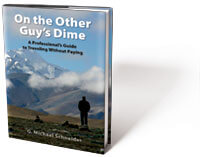
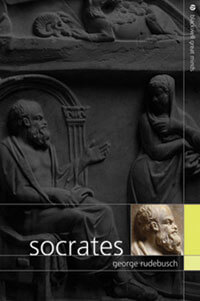
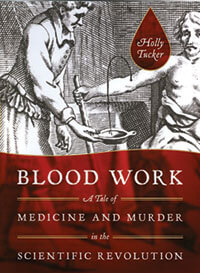
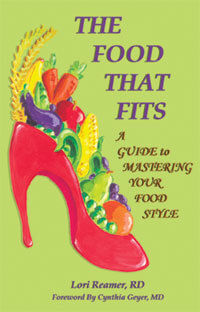
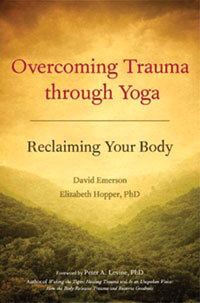
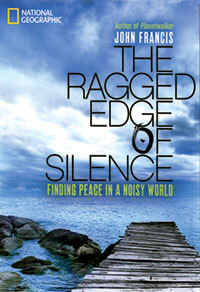
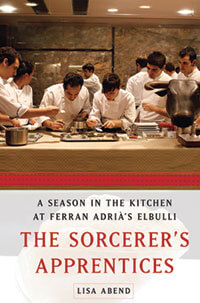
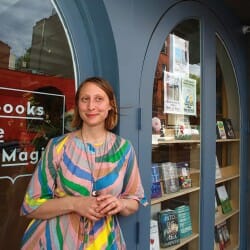

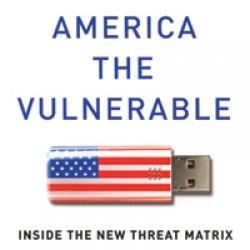
Comments
Lida Neesmith August 29, 2011
Very interesting, helpful, and well written, thanks for sharing.